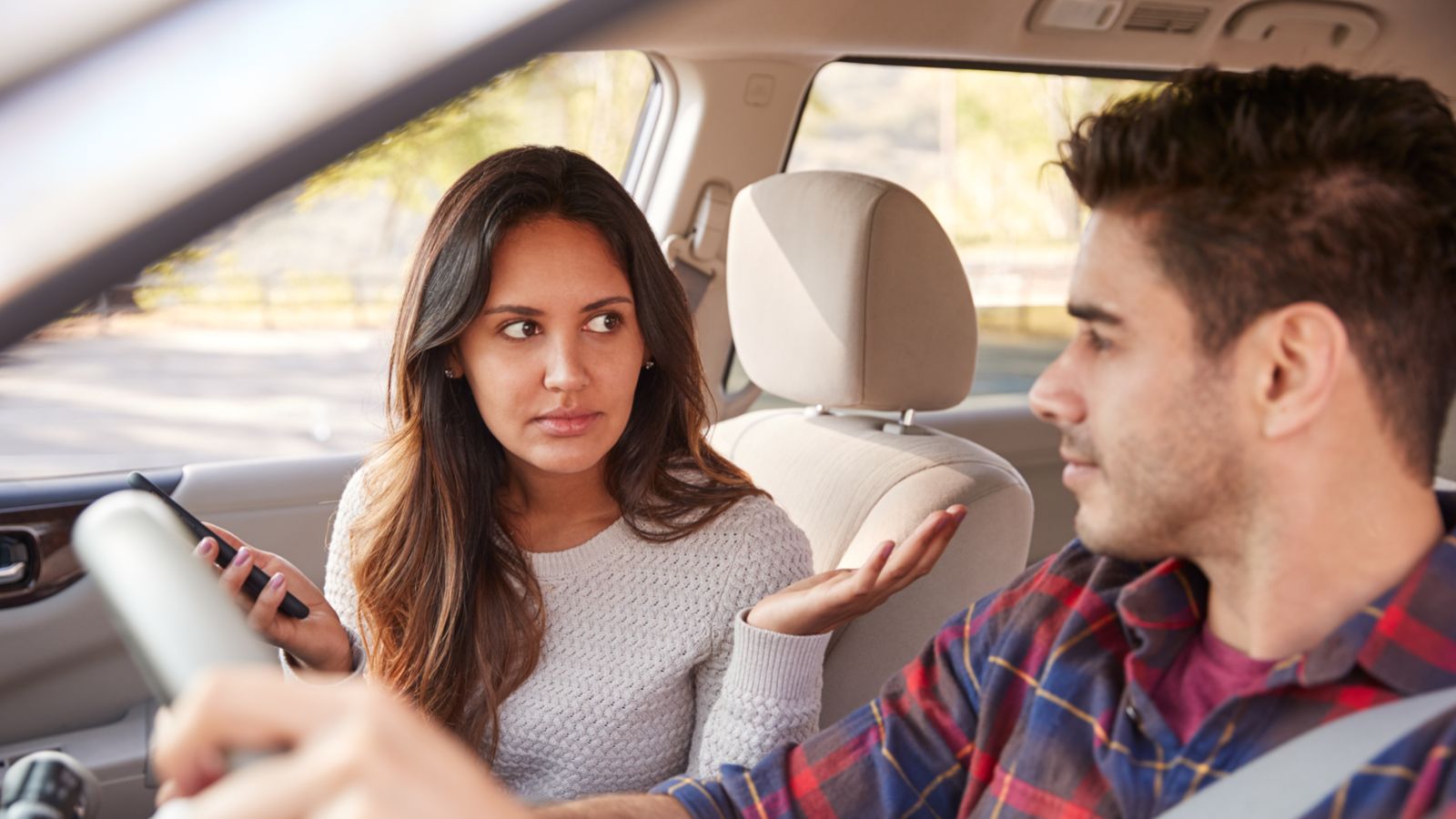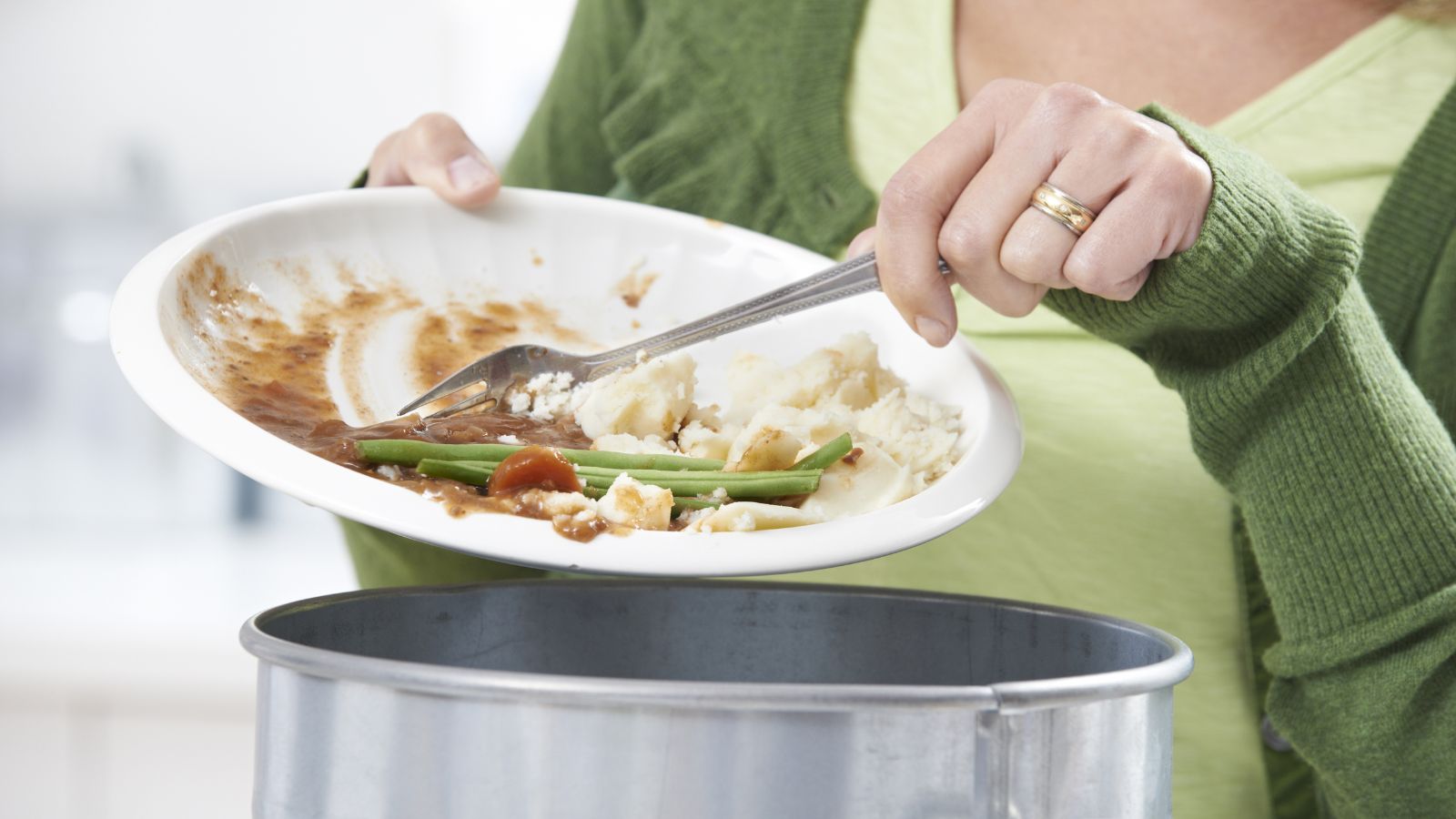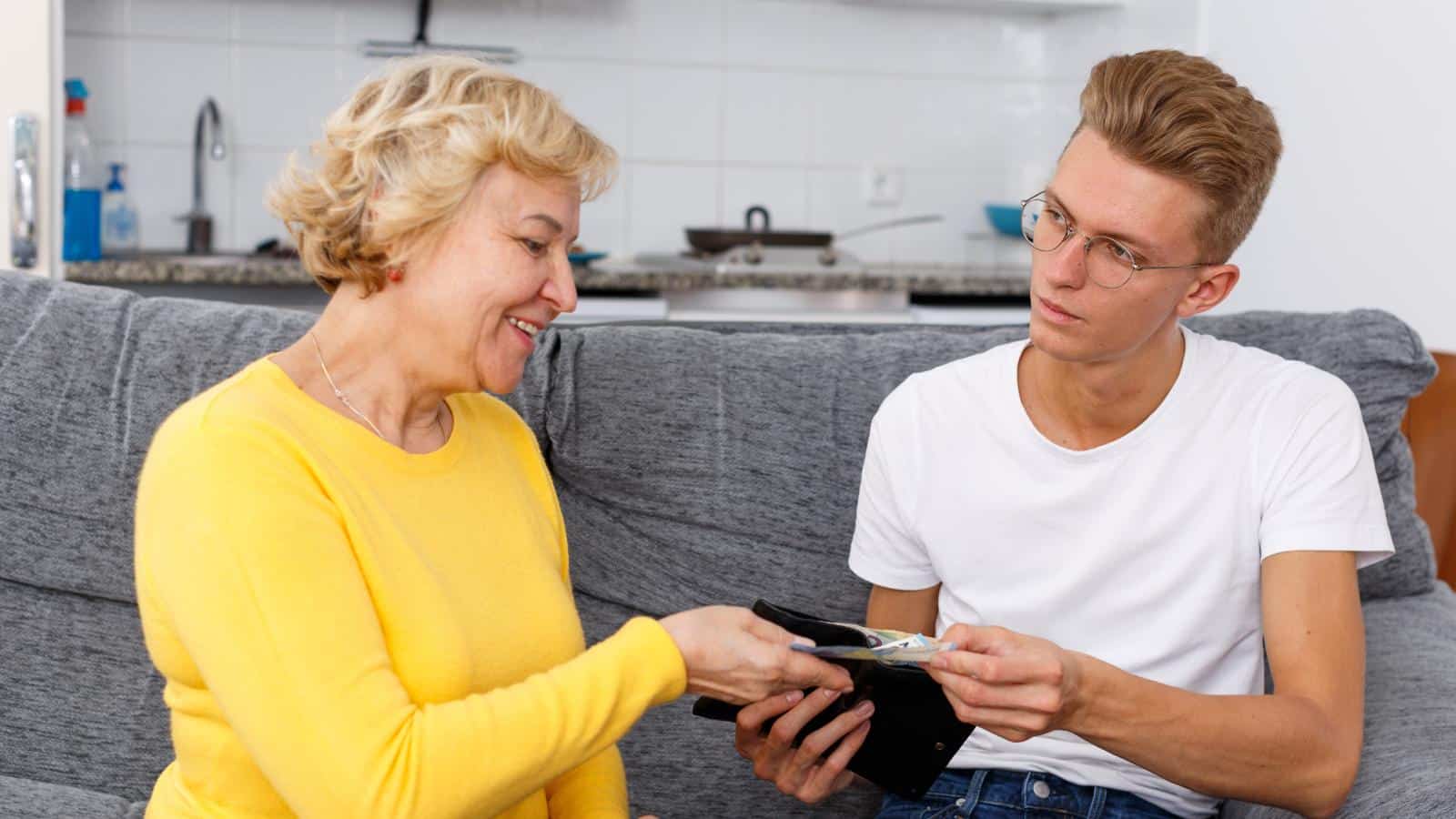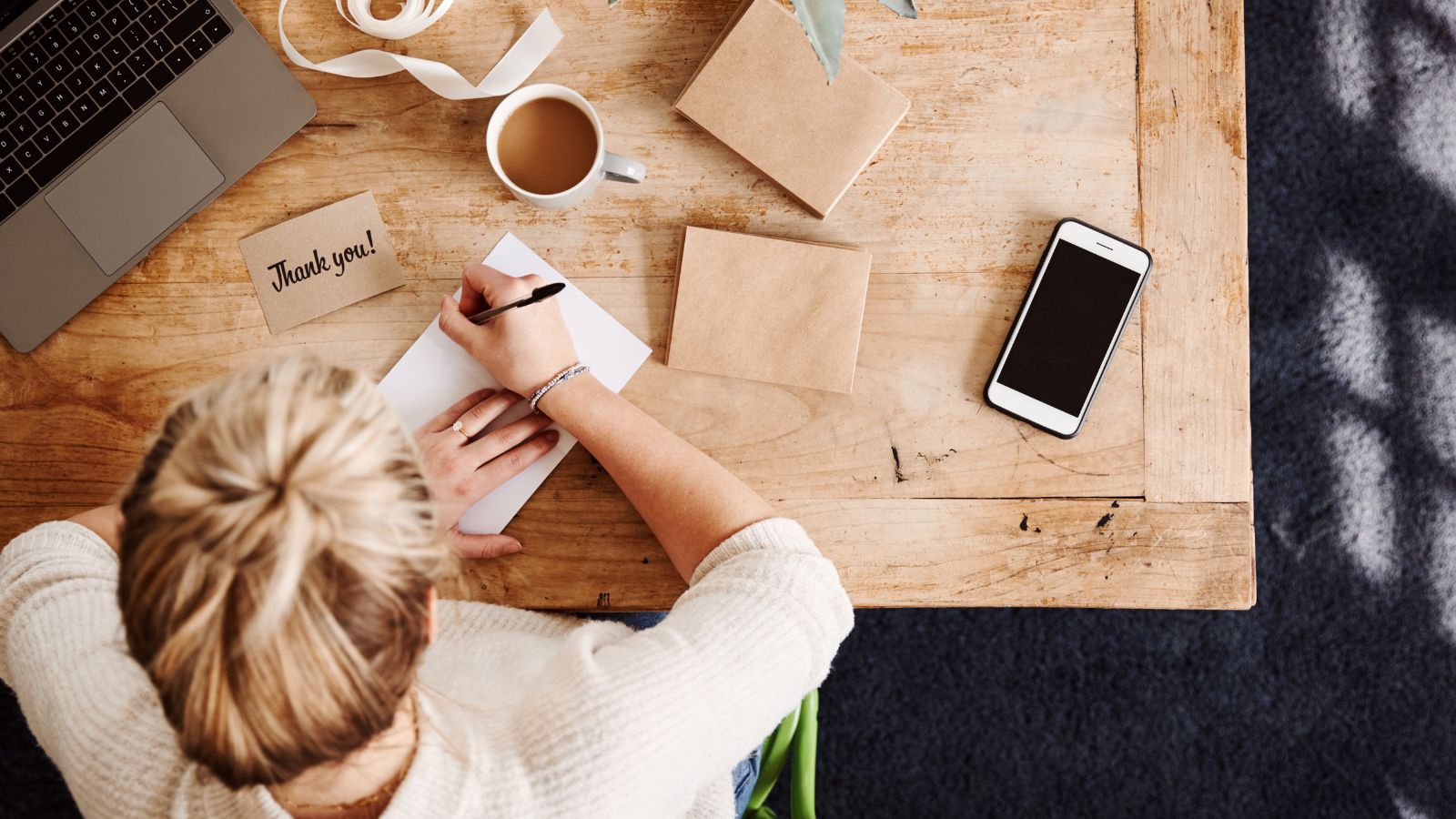When it comes to British etiquette, there’s a lot more to it than just saying “please” and “thank you.” The British are known for their politeness and have a set of unspoken rules that guide their everyday interactions. These are 20 rules of British etiquette that you might be breaking.
Saying “Sorry” Too Much or Too Little

According to the APA, “Apologies have the potential to heal relationships;” and in Britain, saying “sorry” is more than just an apology— it’s a way to smooth over any social awkwardness. If you bump into someone, even if it’s their fault, it’s customary to apologise. However, overusing “sorry” can also come across as insincere. The key is to find a balance and understand when it’s genuinely needed.
Jumping the Queue

Queuing is practically a national pastime in the UK, so cutting in line is considered extremely rude. Always look for the end of the queue and wait your turn patiently. Even in busy places like train stations or cafes, respect the line, and you’ll be seen as courteous and well-mannered.
Not Saying “Please” and “Thank You”

Manners matter in Britain, and saying “please” and “thank you” is a must. Whether you’re asking for something in a shop or being served in a restaurant—always use these magic words. It’s a simple way to show respect and appreciation, and it goes a long way in British culture.
Talking Loudly in Public

Brits value their personal space and prefer a quieter public environment, so speaking loudly on the phone or in conversation can be seen as disruptive and rude. Keep your voice at a moderate level, especially in public transport or shared spaces, to blend in with the locals.
Ignoring Personal Space

Personal space is important to those in the UK as standing too close to someone, even in a crowded place, can make them uncomfortable. Maintain a respectful distance during conversations and avoid unnecessary physical contact, like touching someone’s arm or shoulder, unless you know them well.
Not Making Small Talk

Small talk is a big deal for Brits, and it doesn’t matter if you’re in a lift or at the bus stop. Engaging in light conversation about the weather or the day’s events is common and is seen as a way to break the ice and show friendliness. Avoid diving into deep or controversial topics too quickly.
Failing to Understand Humour

British humour is often dry, understated, and full of irony, and jokes might not always be obvious. Sarcasm is frequently used, too, so if you don’t get the joke right away, don’t worry—just go with the flow. Laugh along and appreciate the subtlety, even if you don’t find it hilarious.
Forgetting to Hold the Door

Holding the door open for others is a small but significant act of courtesy in this country; whether it’s for a stranger, a colleague, or a friend, taking that extra second to hold the door open shows thoughtfulness and respect. This rule applies to any gender.
Complaining Publicly

Britons generally avoid public displays of dissatisfaction, and the general consensus is if you have a complaint, especially in a service setting, it’s best to handle it discreetly and politely. Raising your voice or making a scene can be seen as bad manners.
Arriving Unannounced

In the UK, it’s customary to give notice before visiting someone’s home, as arriving unannounced can be seen as intrusive. Always call or message ahead to ensure it’s a good time. Punctuality is also appreciated, so try to arrive at the agreed time or give notice if you’ll be late.
Leaving Food on Your Plate

Leaving a significant amount of food on your plate can be considered wasteful or a sign that you didn’t enjoy the meal in Britain; if you’re full, try to finish what you can or communicate politely that you’ve had enough. Complimenting the host on the meal is always a good idea, too.
Holding Your Fork Incorrectly

Table manners are crucial, and one common mistake is holding your fork and knife incorrectly; it’s customary to hold the fork in your left hand and the knife in your right while eating. Switching hands or using utensils incorrectly can stand out as poor etiquette.
Talking About Money

Discussing money is generally considered a private matter, so asking about someone’s salary, rent, or the cost of their possessions can be seen as intrusive. It’s best to avoid financial topics unless you know the person well and the conversation naturally leads that way.
Not Respecting Personal Opinions

Brits value polite conversation and are often hesitant to express strong opinions, especially on controversial topics. You should aim to respect differing views and avoid heated debates. Instead, engage in light-hearted discussions and listen respectfully to others’ perspectives during conversations.
Dressing Inappropriately

Dressing appropriately for the occasion is essential in culture within the United Kingdom, and while casual attire might be acceptable in some settings, overdressing or underdressing can be noticed. When in doubt, opt for a smart-casual look—it’s better to be slightly overdressed than too casual.
Neglecting to Send Thank You Notes

After receiving a gift or being hosted at an event, sending a thank you note is a thoughtful gesture. It doesn’t have to be a long letter—a simple card or message expressing your gratitude will suffice. This small act can leave a lasting positive impression.
Tipping Incorrectly

Tipping in Britain can be confusing; while it’s not as expected as in some other countries, it’s customary to leave a tip in restaurants if the service was good or if you feel like you want to. Around 10-15% of the bill is standard. However, tipping isn’t necessary in pubs, and taxi drivers typically expect small tips.
Using the Wrong Greetings

Greetings can vary, but a firm handshake is a safe bet in professional settings, and in social contexts, a light hug or a cheek kiss might be appropriate; but follow the lead of the other person. Avoid overly familiar gestures like high-fives or fist bumps unless you’re close friends.
Overstaying Your Welcome

Knowing when to leave is a key part of British etiquette, therefore, when you’re visiting someone’s home or attending an event, be mindful of the time. Overstaying your welcome can put your host in an awkward position, so when you sense the gathering winding down, it’s time to say your goodbyes.
Forgetting to Offer a Drink

Finally, if you’re hosting, always offer your guests a drink, whether it’s tea, coffee, or something stronger. It’s a way to make them feel welcome and comfortable. Similarly, if someone offers you a drink, it’s polite to accept—even if it’s just a small gesture to show appreciation.







